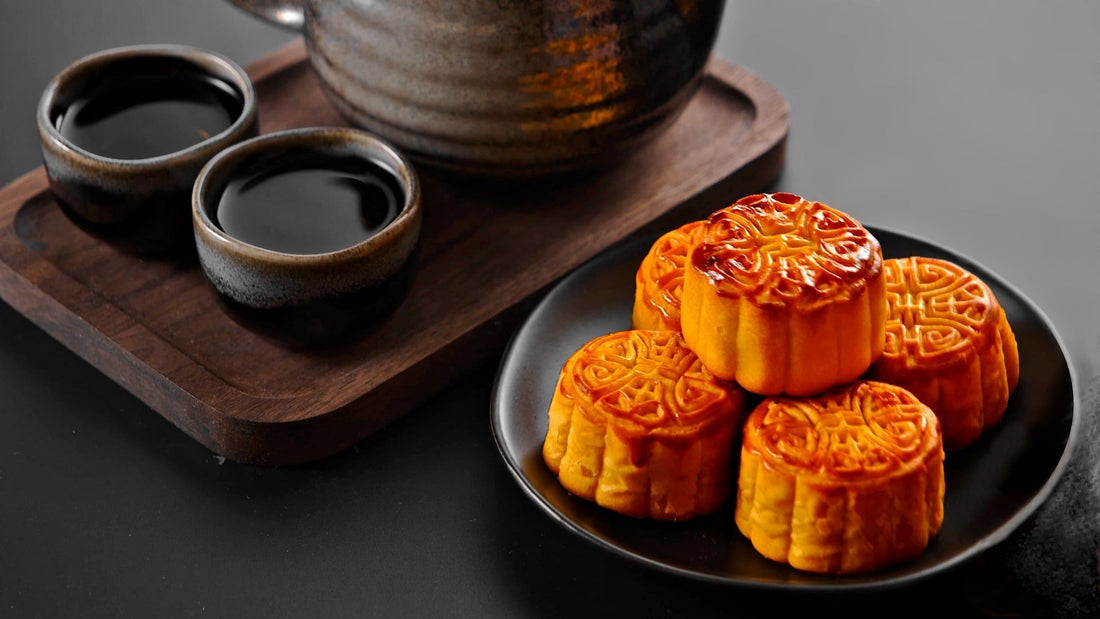
Chinese Great Festivals
China is a country with a long history and rich culture, and festival culture is an important part of its brilliant civilization. In China, festivals are not only a time to celebrate, but also an important way to inherit culture and promote traditions. Each festival contains a profound history and unique folk customs, showing the wisdom and emotions of the Chinese nation.
The Spring Festival, as the most glorious chapter in this epic, symbolizes the farewell of the old year and the hope of the new year, and is a symbol of reunion and hope. Every household posts red Spring Festival couplets and hangs lanterns, heralding the arrival of auspiciousness and happiness. On New Year's Eve, families sit around a table, share a sumptuous New Year's Eve dinner, and count the bits and pieces of the year. At that moment, the warm atmosphere is like a spring breeze, nourishing everyone's heart. The fireworks of the Spring Festival bloom, like gorgeous flowers, lighting up the night sky and igniting people's beautiful vision of the future.
Qingming Festival is another warm picture. It is not only a time to remember the ancestors, but also a time to go outing in spring and get close to nature. People visit the graves and pay homage to their ancestors on this day to express their remembrance and respect for their deceased relatives. During the Qingming Festival, everything revives and spring is in the air. People who go outing feel the continuation of life and the greatness of nature among the green mountains and clear waters. Such customs inherit the Chinese nation's respect for life and awe of nature, and show a deep humanistic sentiment.
The Dragon Boat Race during the Dragon Boat Festival is like a magnificent journey through time and space, carrying ancient legends and heroic spirits. People make rice dumplings and race dragon boats to commemorate Qu Yuan and celebrate unity and progress. The exciting drum beats and the rhythm of the oars are as exciting as a heartbeat, awakening the passion and strength deep in people's hearts.
Mid-Autumn Festival is another popular festival, usually celebrated on the 15th day of the eighth lunar month. This festival is mainly for reunion and thanksgiving, symbolizing harvest and harmony. People watch the moon and eat mooncakes on this day, thinking about their families and hometowns. The legends of Mid-Autumn Festival, such as Chang'e flying to the moon and Wu Gang cutting the cassia tree, are poetic and reflect the Chinese people's yearning for a better life.
In addition to these traditional festivals, China also has many local festivals, such as the Lantern Festival in the northwest and the Flower Festival in the south, each with its own characteristics and richness. These festivals not only showcase the local customs and practices of various parts of China, but also reflect the cultural integration of different ethnic groups.
China's festival culture carries the memory of history and conveys the bond of emotion. During these festivals, people can not only feel the strong family atmosphere, but also appreciate the profoundness of Chinese culture through various traditional customs. Whether it is the way of celebrating the festival or the stories behind the festival, people can feel the unique charm of Chinese culture.
In today's globalized world, China's festival culture has attracted more and more foreign friends, who are not only attracted by the excitement of the festival, but also moved by the profound culture contained in it. Chinese festivals are not only a node in time, but also a bridge of culture, connecting the past and the future, and inheriting the spirit and wisdom of the Chinese nation.

